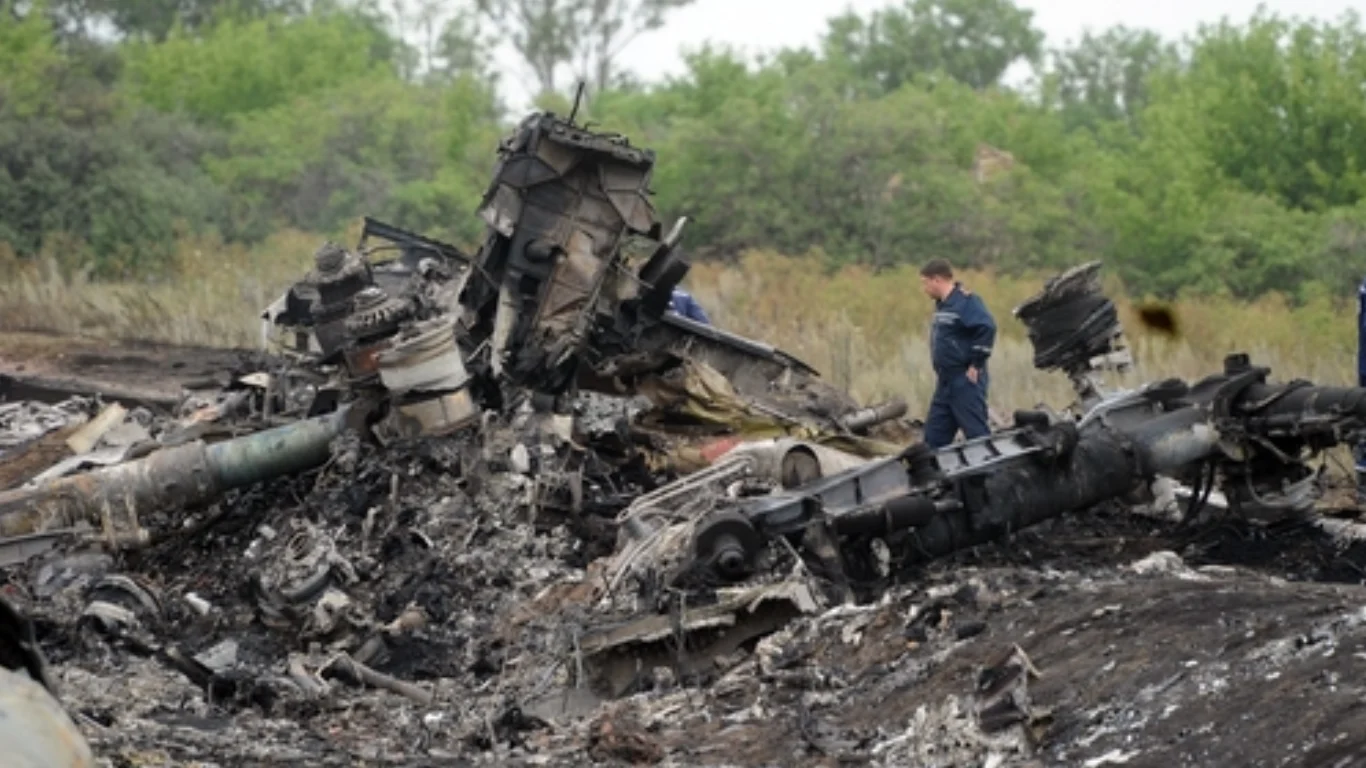
On May 12, 2025, the United Nations’ International Civil Aviation Organization (ICAO) officially held Russia responsible for the downing of Malaysia Airlines Flight MH17 over eastern Ukraine on July 17, 2014. This unprecedented ruling marks the first time ICAO has adjudicated a dispute between member states based on the merits of the case.
The Tragedy and the Investigation
Flight MH17, a Boeing 777 en route from Amsterdam to Kuala Lumpur, was struck by a Russian-made Buk surface-to-air missile while flying over the Donetsk region, an area controlled by pro-Russian separatists amid the ongoing conflict in Ukraine. All 298 people on board, including 196 Dutch nationals, 43 Malaysians, and 38 Australians, perished in the attack.
A joint investigation led by the Netherlands, Australia, Malaysia, Belgium, and Ukraine concluded that the missile system used to down the aircraft originated from the 53rd Anti-Aircraft Missile Brigade of the Russian Federation, based in Kursk. The missile was transported into Ukraine on the day of the crash and returned to Russia afterward. The Joint Investigation Team (JIT) also presented evidence of communications between Russian officials and separatist leaders prior to the incident, suggesting coordination in the deployment of the missile system.
ICAO’s Ruling
Following the findings, Australia and the Netherlands jointly brought the case before ICAO, seeking to hold Russia accountable under international aviation law. ICAO’s Council determined that Russia had violated its obligations under the Convention on International Civil Aviation by failing to prevent the illicit transfer of the missile system into Ukraine and by not taking appropriate measures to ensure the safety of civil aviation in conflict zones.
Reactions from Australia and the Netherlands
The governments of Australia and the Netherlands welcomed ICAO’s decision, viewing it as a significant step toward justice for the victims and their families. Australian Foreign Minister Penny Wong and Dutch Foreign Minister Caspar Veldkamp emphasized the importance of upholding international law and called on Russia to accept responsibility and engage in reparations discussions.
Russia’s Response
Russia has consistently denied involvement in the downing of MH17 and has rejected the findings of the international investigations. The Russian government maintains that the missile system in question was not of Russian origin and has criticized the legal proceedings as politically motivated.
Implications of the Ruling
While ICAO lacks enforcement authority, its ruling carries significant moral and legal weight within the international community. The decision underscores the responsibility of states to ensure the safety of civil aviation and to prevent the use of their military assets in ways that endanger civilian lives. It also sets a precedent for how international aviation law can be applied to hold states accountable for actions leading to the destruction of civilian aircraft.
The ruling may pave the way for further legal actions, including potential claims for reparations and compensation for the victims’ families. The Netherlands and Australia have indicated their intention to pursue these avenues to ensure accountability and justice.
As the international community reflects on this landmark decision, the hope is that it will serve as a deterrent against future violations of international aviation law and reinforce the commitment to safeguarding civilian air travel worldwide.

















